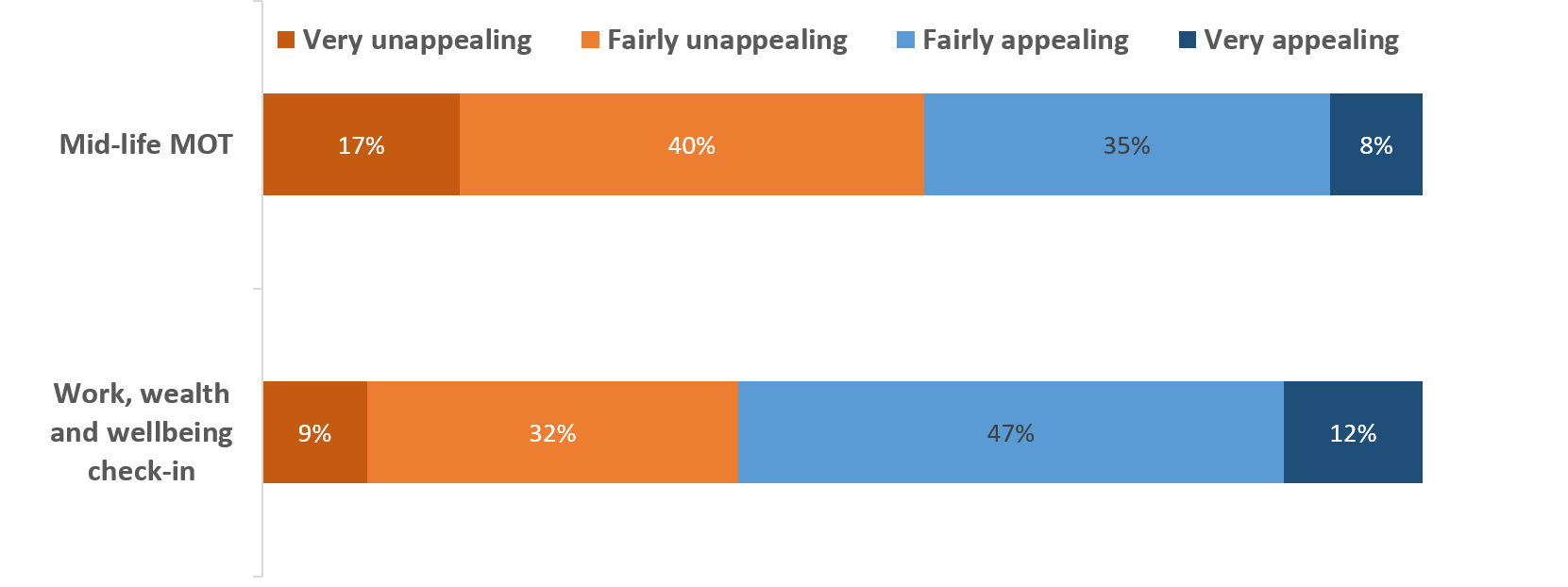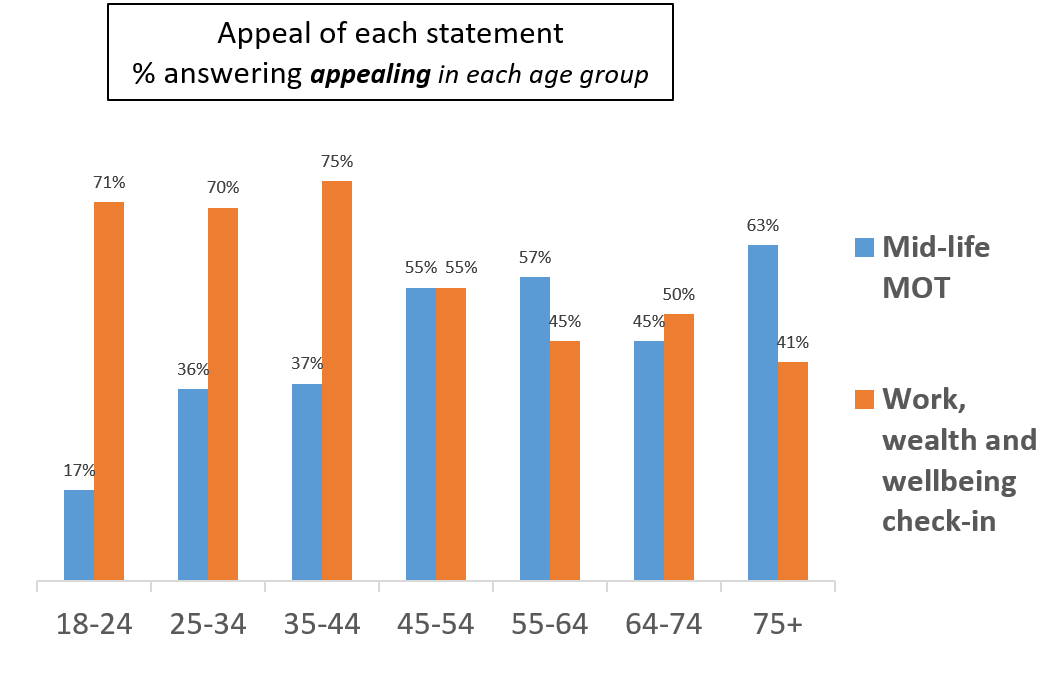How do you feel when it’s time for your car’s annual MOT? Maybe it’s a hassle. There is always the fear the car might fail, requiring a substantial amount of unanticipated work and expenditure to put it right and have the car pass.
What about if you personally had to undergo an MOT? A look into your finances, career and work plans, along with your overall health and wellbeing? In his Independent review of the State Pension age in 2017, John Cridland identified this need. The focus is intended to be those in their forties and fifties, in order that they can consider and put in place changes to aspects of their lives that will hopefully allow them to enjoy additional, healthy years.
Cridland’s call to arms has been enthusiastically taken up, with in-depth pilots undertaken by Aviva, Legal & General (L&G), The Pensions Advisory Service (TPAS) and Mercer, supported by the Centre for Ageing Better. Aviva’s own mid-life MOT launched at the start of May. The newly set up All-Party Parliamentary Group for Longevity has supported the concept and the DWP has now set up a mid-life MOT portal for individuals.
These developments are to be welcomed. However, in the rush to embrace the concept, it appears an important aspect of the idea has been neglected – its name. If we don’t consider the most effective and appropriate language for this initiative, then much of the good work being done in its name could be a huge missed opportunity to positively impact the lives of many in the years to come.
It’s easy to see why Cridland’s use of the term has stuck. ‘Mid-life MOT’ is memorable, the concept is in-part familiar and the alliteration is snappy. What’s more, ‘mid-life’ is not defined chronologically, leaving organisations / individuals to decide what mid-life might mean now and in the future.
However, what does the intended target audience think of the concept and the terminology? If we are to roll out such an initiative to a significant proportion of the population, it’s critical we explore how it is received. The pilot scheme concludes that mid-life MOT “may not be the right term for everyone, as it could imply a mechanistic, pass/fail test…If the concept is developed further, market research of the best communications or branding should be undertaken.”
It doesn’t appear that significant research into the best communications of the scheme has been undertaken. At Message House we have conducted our own research with a representative sample of the UK population. Alongside the phrase ‘mid-life MOT’ we also tested a second option that we came up with – ‘Work, wealth and wellbeing check-in’ (or 3W’s for short).
The research highlights three things about the MOT: there is confusion over its exact meaning, its appeal isn’t great and it has limited audience appeal when we look by age. Respondents struggle to understand what it might mean at a conceptual level and interpreted it in a variety of ways: “Is it a physical health check or financial?” “A full medical examination to check your health”; “Meeting with a life coach to discuss possibilities for my future and seeing a doctor for a full health check-up and advice on how to keep well.”
The idea appeals to 43% of respondents overall, rising to 55% amongst the target group of 45-54 year-olds. Among 35-44 year olds, the next cohort in line for such an initiative, only 37% found the concept of the MOT appealing.
The 3Ws isn’t perfect, but it is clearer, more appealing overall and has wider audience appeal, particularly among younger cohorts. It is more descriptive and therefore provides greater clarity. 59% of respondents found it appealing, with those aged 45-54 finding it as appealing as the MOT. The 3Ws was significantly more appealing among all cohorts under 45 – the future targets for the initiative.
It’s evident that neither of the terms we tested has universal, consistent appeal. However, the research also suggests that the right language can broaden appeal. Before wider roll-out, more exploration is required to understand the fears and confusion that the name could evoke, to better convey the more holistic and ‘human’ nature of the concept, and to convey the benefits it could bring.
Effective communication of this scheme at both a national and more individual level is critical to overall uptake and ultimate success. There is a real danger that those who could benefit most from such a concept could be put off before they are even eligible for it. While concepts and policies matter, the language matters too; research can help policymakers to hit the mark.
One respondent in our survey suggested the 3W’s meant “Being able to enjoy the things I want to do and being able to afford them.” To make this a reality for as many people as possible, we must get the language right.
Rachel Lloyd is a Director at Message House, leading their research on longevity to help clients explore its implications.
Message House conducted an online survey among a nationally representative sample of the British public during November 8-9th 2018. Base size for those aged 75+ are small and results therefore directional.




